Australian lawyers seek to prosecute Suu Kyi
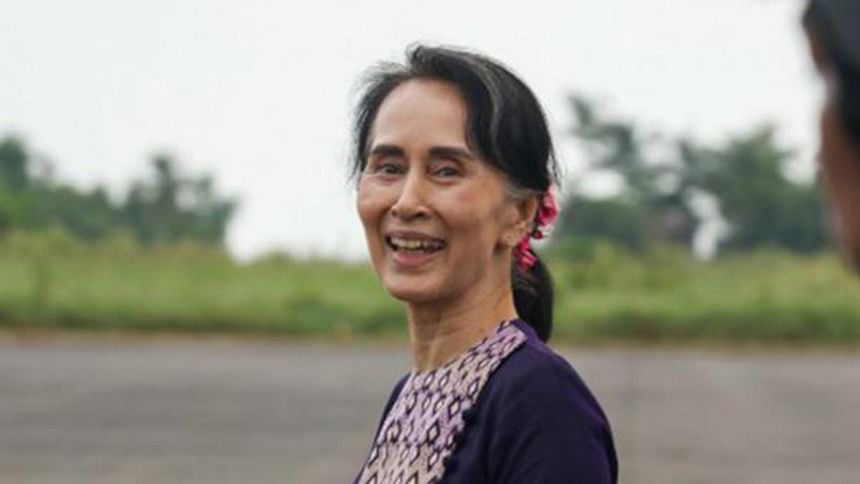
Lawyers in Australia have filed a private application in a Melbourne court seeking prosecution to press charges against Myanmar's de facto leader Aung San Suu Kyi of crimes against humanity committed against ethnic Rohingya minorities in the country's Rakhine state.
Five Australian lawyers, including a former federal court judge, filed the private prosecution application in the Melbourne magistrates court on Friday, reports The Guardian.
They were: Ron Merkel QC, a Melbourne barrister and former federal court judge, international lawyers Marion Isobel and Raelene Sharp, and Sydney human rights lawyers Alison Battisson and Daniel Taylor, according to the report.
Suu Kyi has denied the widespread and credible eyewitness reports of extensive and systematic crimes, including extra judicial killings, disappearances, violence, rape, unlawful detention, and destruction of properties and whole villages of the Muslim Rohingya minority population in Myanmar's Rakhine state by the country's security forces, the legal team said in a statement.
The lawyers alleged that Suu Kyi has failed to use her position of authority and power, and has, therefore, permitted the Myanmar security forces to deport and forcibly remove Rohingya from their homes, reports The Guardian.
However, the Attorney General of Australia Christian Porter today said Aung San Suu Kyi cannot face prosecution while in Australia because she has immunity.
As the state counsellor, Aung San Suu Kyi is the de facto, if not de jure, leader of the Myanmar government and also the foreign minister, and therefore she has complete immunity, including from being served with court documents, Porter told The Guardian following the application to prosecute the Myanmar leader for crimes against humanity.
Under the customary international law, heads of state, heads of government and ministers of foreign affairs are immune from foreign criminal proceedings and are inviolable – they cannot be arrested, detained, or served with court proceedings, The Guardian reports quoting the attorney general.
The prosecution application has been made based on the principle of universal jurisdiction, reserved for the most serious criminal offences under international law including genocide, war crimes, and crimes against humanity.
Australia formally recognises the principle of universal jurisdiction, and therefore the Australian courts have jurisdiction to hear allegations of international crimes of the most serious nature, regardless of the alleged offender's nationality or the place where the offences were committed.
However, the attorney general's consent is required for a universal jurisdiction prosecution in Australia to proceed, reports The Guardian.
The 1991 Nobel Peace laureate, Suu Kyi, has seen her public image tarnished following her unwillingness to publicly condemn the atrocities committed by Myanmar's security forces against the Rohingyas.
Suu Kyi, who is now in Sydney to attend the Asean Australia special summit, has so far spoken little about Myanmar's Rohingya crisis and refused to use the word Rohingya.
In a speech in September last year, she said the violence in Rakhine state was sparked by attacks on military outposts.
About 700,000 Rohingyas have crossed the Myanmar border to Bangladesh since August 25 last year fleeing persecution by the country's military. The UN has said the persecution "bears all the hallmarks of genocide".

 For all latest news, follow The Daily Star's Google News channel.
For all latest news, follow The Daily Star's Google News channel. 

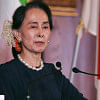

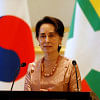
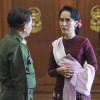
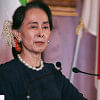


Comments